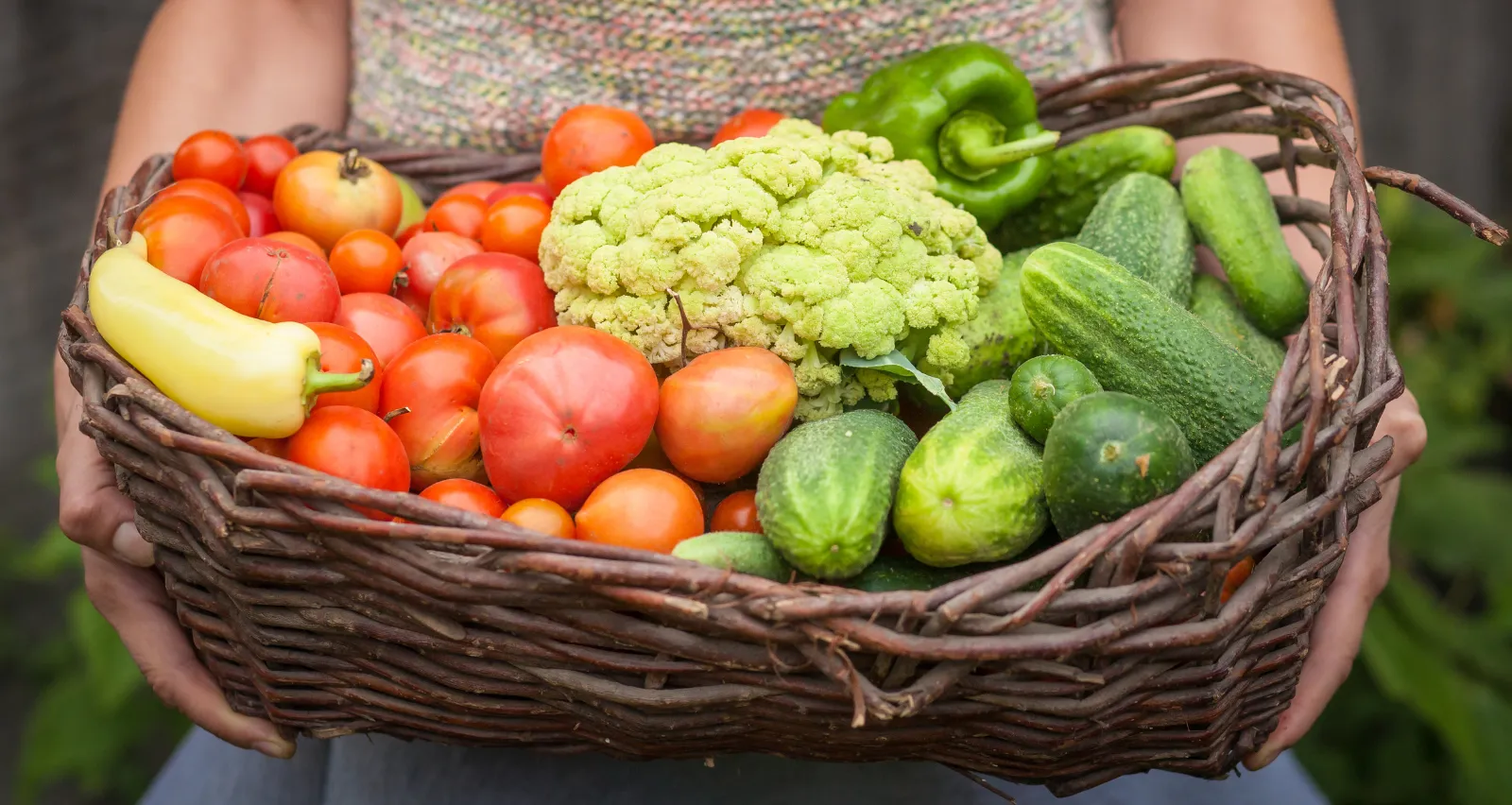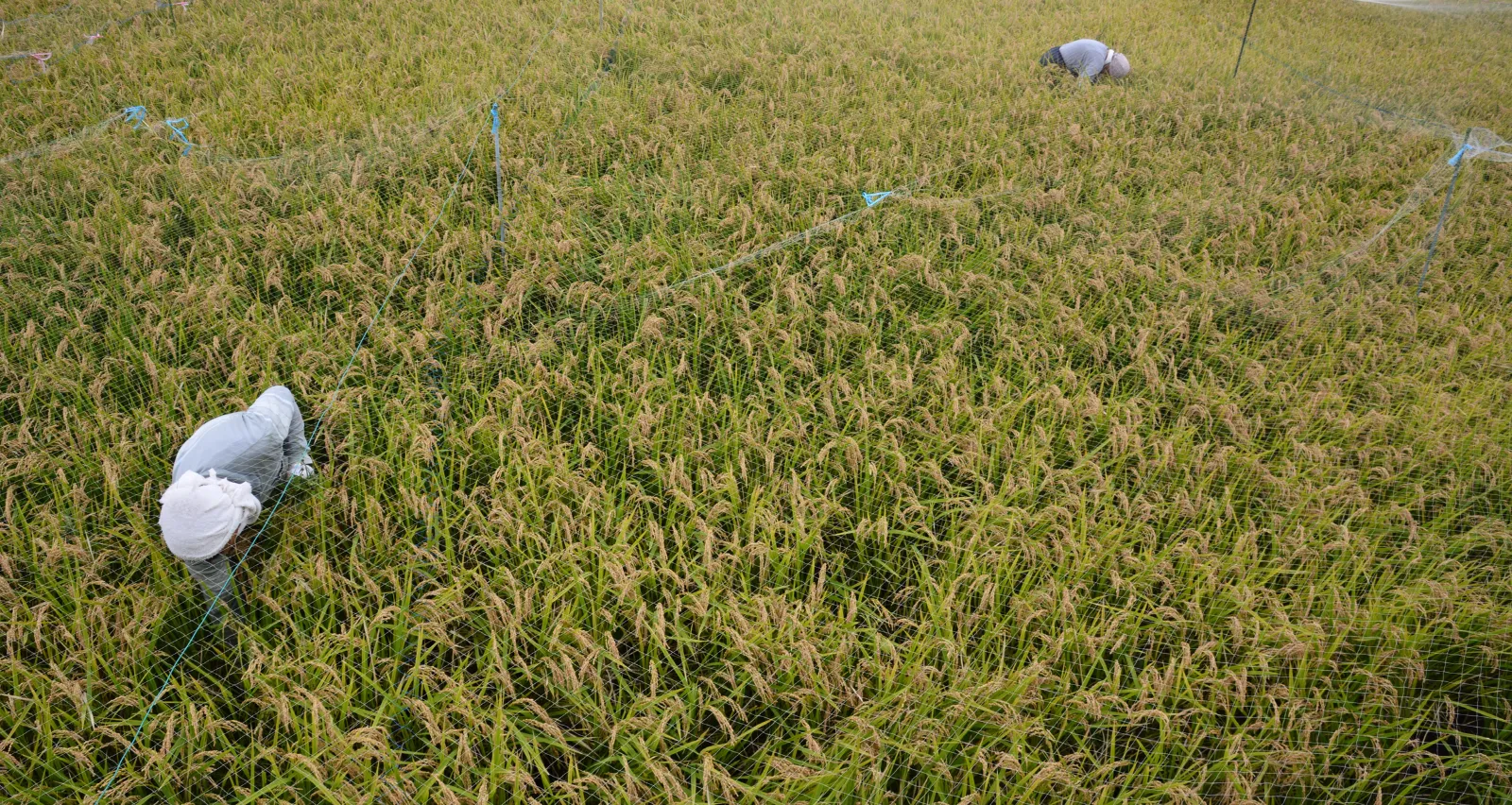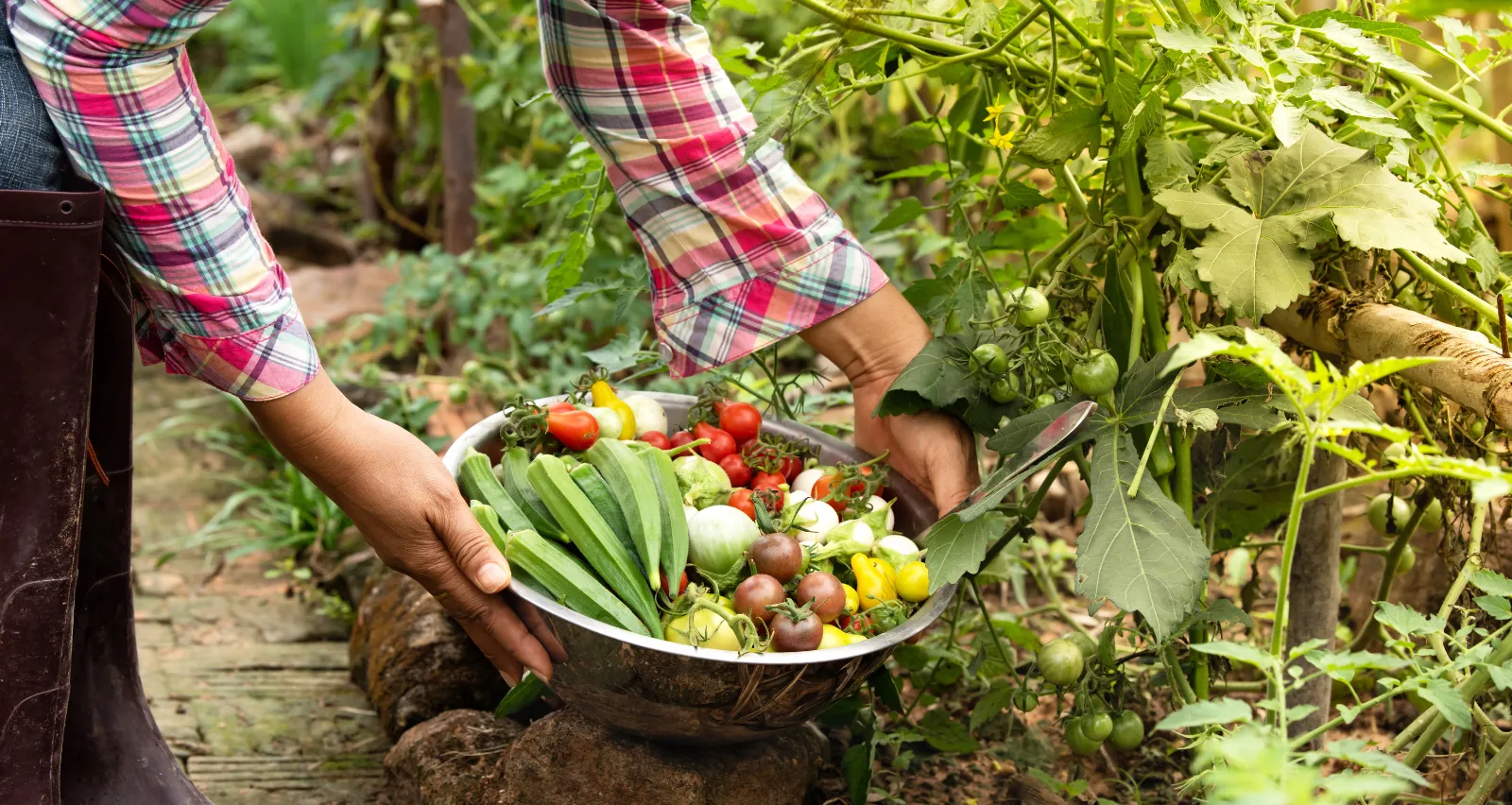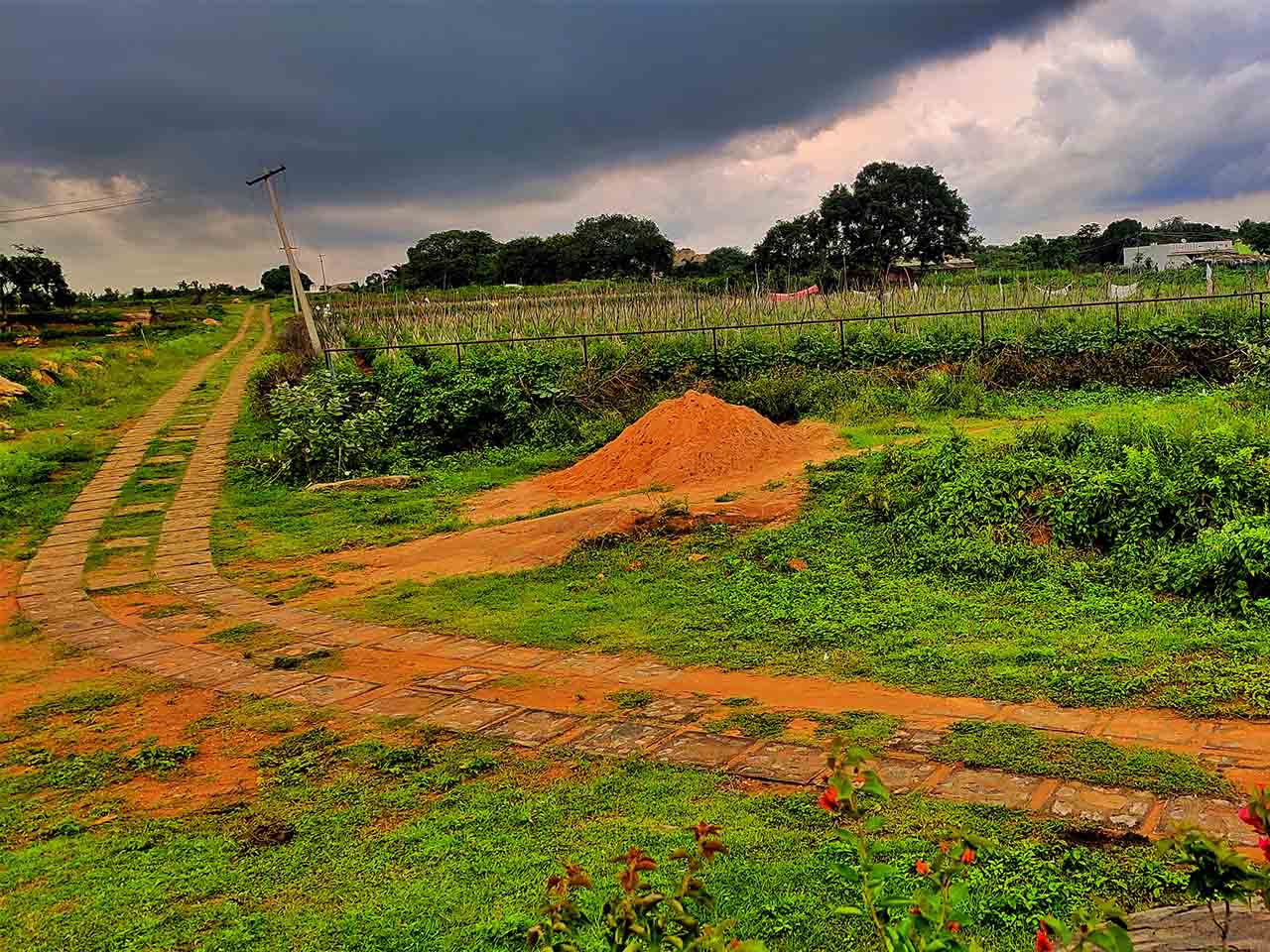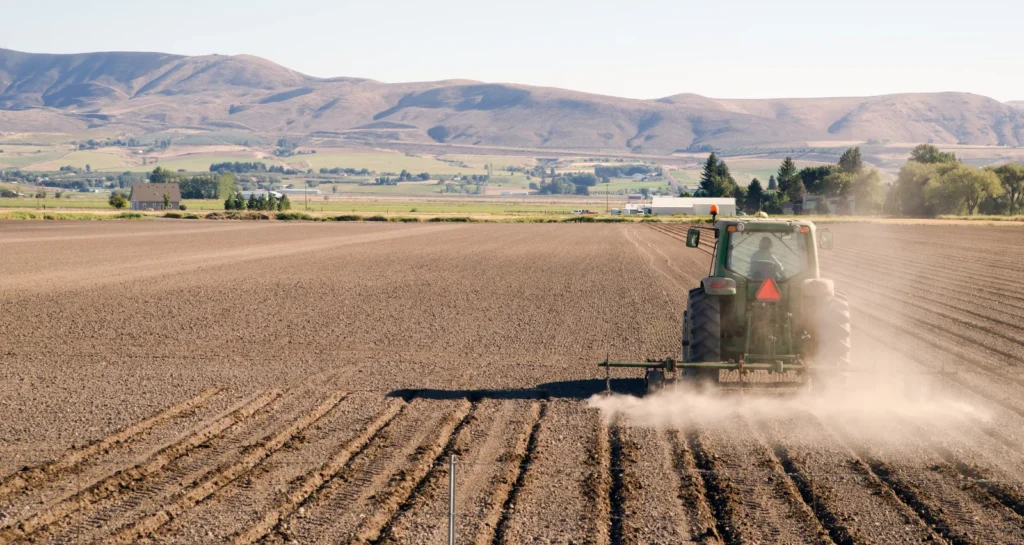
Managed farmlands near Bangalore represent a blend of traditional farming practices and modern technology, working together to create a thriving agricultural ecosystem. This blog will take you through the day-to-day operations of a managed farm, highlighting the realities and challenges faced by those who work there.
Morning: The Dawn of a New Day on the Farm
The day begins early on a managed farmland near Bangalore. As the sun rises, farm workers gather for a morning briefing. The farm manager outlines the tasks for the day, ensuring everyone knows their responsibilities.
Tasks to Start the Day
Planting: The planting team starts their work, sowing seeds in prepared soil. Using agritech tools, they ensure optimal spacing and depth for each seed, enhancing growth potential and yield. However, the precision required can be challenging, and any mistakes can affect the entire crop.
Weeding: Another group sets out to weed the crops, using both traditional hand tools and modern machinery. Weeding is crucial to maintaining healthy crops and maximizing productivity, but it’s a labor-intensive and often monotonous task.
Midday: Embracing Technology and Sustainability
As the sun reaches its peak, the farm shifts its focus to more technologically intensive tasks. Managed farms near Bangalore leverage agritech to improve efficiency and productivity, but not without challenges.
Technological Advancements
Irrigation Systems: Automated irrigation systems monitor soil moisture levels and weather conditions to provide the exact amount of water needed, conserving resources. However, the initial cost and ongoing maintenance of these systems can be burdensome for the farm budget.
Drones and Sensors: Drones capture detailed images of the fields, and AI analyzes these images to identify areas needing attention. While beneficial, this technology requires expertise to operate and interpret the data, which can be a learning curve for many farm workers.
Sustainability is a key focus, with practices such as crop rotation and organic fertilization to maintain soil health. Balancing sustainability with productivity remains a constant struggle, as the pressure to meet market demands can sometimes conflict with sustainable practices.
Afternoon: Harvesting and Maintenance
The afternoon is dedicated to harvesting and farm maintenance. Harvesting is time-sensitive and labor-intensive, requiring precision and care.
Harvesting Operations
Manual and Mechanical Harvesting: Depending on the crop, harvesting is done either manually or with machines. Manual harvesting, especially for delicate crops like tomatoes and beans, is labor-intensive and time-consuming. Mechanical harvesting, while faster, can sometimes result in crop damage if not carefully managed.
Quality Control: Once harvested, crops undergo quality control checks to ensure they meet market standards. This step is essential but can be challenging, as market standards are stringent and constantly evolving, requiring continuous adaptation.
Maintenance tasks include cleaning and servicing farm equipment, inspecting irrigation lines, and addressing any issues identified by morning drone flights. These tasks are crucial for smooth operations but are often repetitive and physically demanding.
Evening: Reflecting and Planning Ahead
As the day winds down, the farm manager and workers gather to review the day’s activities and plan for the next. This debriefing session is essential for continuous improvement and adapting to changing conditions.
Evening Wrap-Up
Data Analysis: Data collected from various agritech tools are analyzed to assess crop health and productivity. This information guides future farming decisions but requires expertise to interpret accurately. Misinterpretation can lead to poor decision-making and potential crop failure.
Team Feedback: Workers share their experiences and provide feedback on the day’s operations. This fosters a collaborative environment but also highlights the ongoing challenges and areas needing improvement, reminding everyone that farming is a continuous learning process.
The Reality of Managed Farmland Near Bangalore
Managed farmland near Bangalore combines traditional farming knowledge with modern technology. This approach boosts productivity but also brings its own set of challenges.
Key Benefits and Challenges
- Enhanced Efficiency: Agritech tools streamline operations, reducing labor costs and increasing output. However, the initial investment and ongoing maintenance of these tools can be costly and require technical know-how.
- Sustainability: Practices like crop rotation, organic fertilization, and water conservation are implemented to protect the environment and ensure long-term soil health. Balancing these practices with the need for high productivity can be difficult, especially when market pressures demand high yields.
- Community Impact: Managed farms provide stable employment for local workers and contribute to the local economy. However, the work is often physically demanding and requires long hours, which can be challenging for workers.
Conclusion
A day in the life of a managed farm near Bangalore showcases the dedication and hard work driving modern agriculture. While technology and sustainability are key components, the reality includes significant challenges and continuous efforts to balance productivity with environmental stewardship. Whether you’re interested in Bangalore agriculture, sustainable farming, or simply curious about farm operations, managed farmland offers an insightful glimpse into the complexities of contemporary farming.


